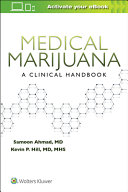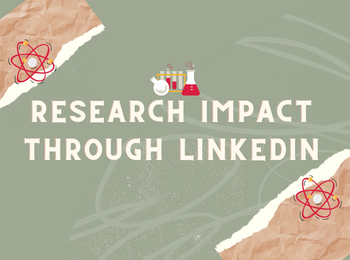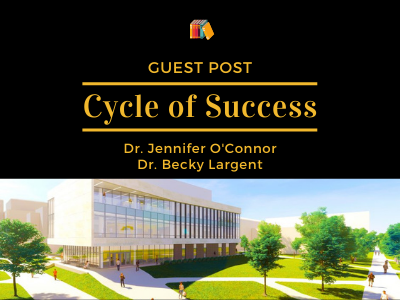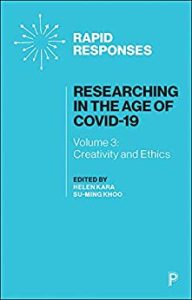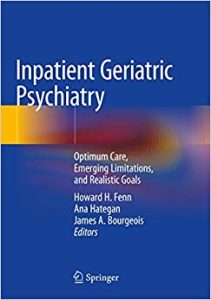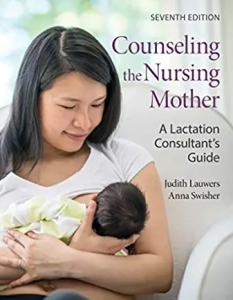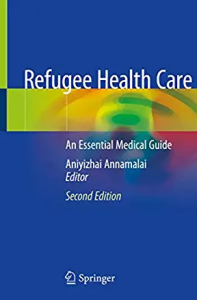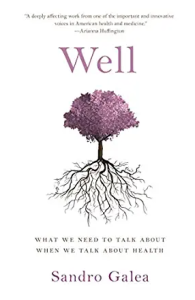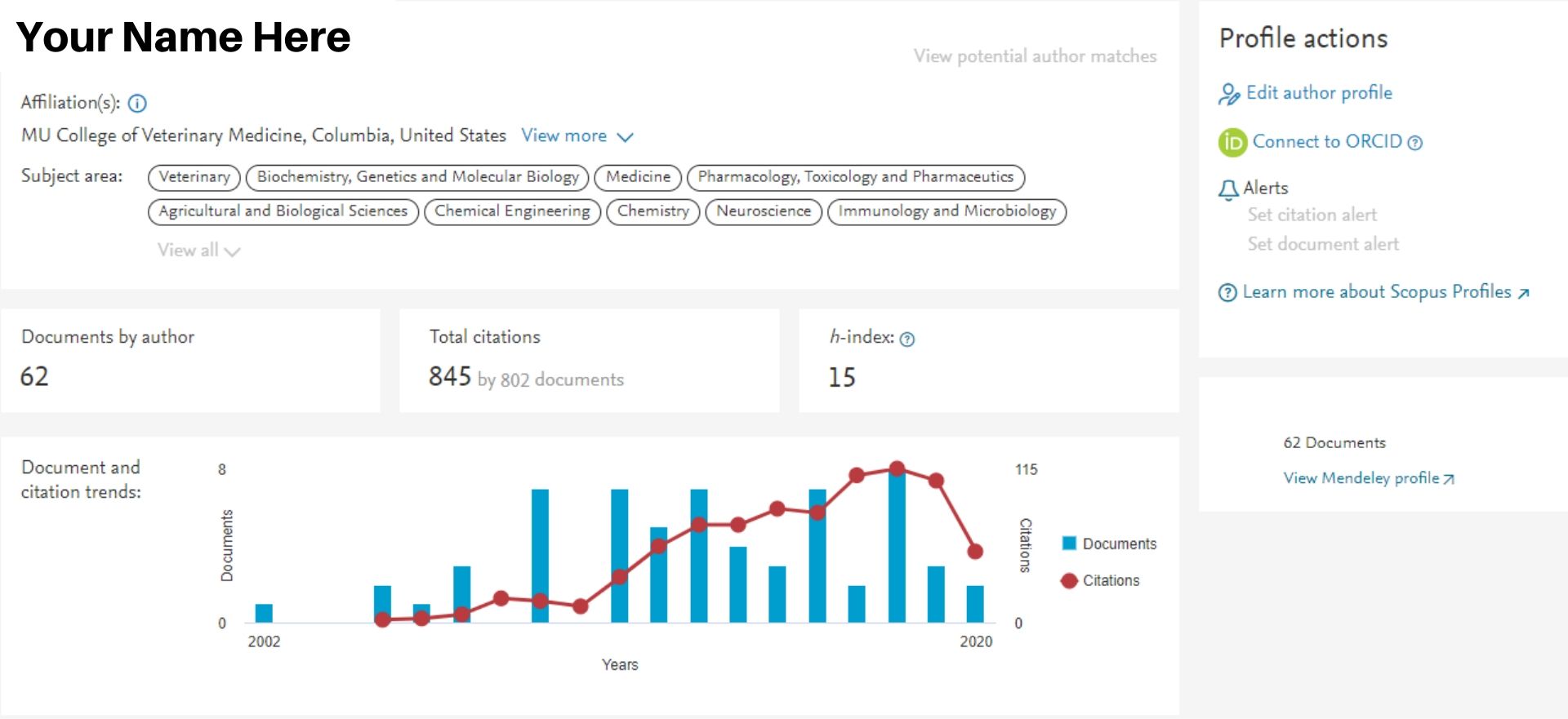Below is a list of recently published Pubmed articles from the University of Missouri related to COVID-19.
If you need assistance accessing the articles, please email asklibrary@health.missouri.edu.
Pubmed collection of MU authored COVID articles
Barohn, Richard J. Effects of the COVID-19 Pandemic and How We Adapted at the University of Missouri. In: Rice, ML, ed. Planning for Research after COVID: Merrill Series on the Research Mission of Public Universities, July 2021, p. 37-43.
Becevic M, Nair P, Wallach E, Hoffman K, Sohl K. ECHO Autism: Evaluation of Participants’ Perceptions of Collaborative Telementoring Network. J Patient Exp. 2021;8:23743735211065292. Epub 20211220. doi: 10.1177/23743735211065292. PubMed PMID: 34988286; PMCID: PMC8721706.
Collins AB, Zhao L, Zhu Z, Givens NT, Bai Q, Wakefield MR, Fang Y. Impact of COVID-19 on Male Fertility. Urology. 2022. Epub 20220108. doi: 10.1016/j.urology.2021.12.025. PubMed PMID: 35007621; PMCID: PMC8741337.
Curtis AF, Schmiedeler A, Musich M, Connell M, Miller MB, McCrae CS. COVID-19-Related Anxiety and Cognition in Middle-Aged and Older Adults: Examining Sex as a Moderator. Psychol Rep. 2022:332941211064820. Epub 20220131. doi: 10.1177/00332941211064820. PubMed PMID: 35099322; PMCID: PMC8810388.
Dhakal A, McKay C, Tanner JJ, Cheng J. Artificial intelligence in the prediction of protein-ligand interactions: recent advances and future directions. Brief Bioinform. 2022;23(1). doi: 10.1093/bib/bbab476. PubMed PMID: 34849575; PMCID: PMC8690157.
Digala LP, Prasanna S, Rao P, Qureshi AI, Govindarajan R. Impact of COVID-19 infection among myasthenia gravis patients- a Cerner Real-World Data(TM) study. BMC Neurol. 2022;22(1):38. Epub 20220127. doi: 10.1186/s12883-022-02564-x. PubMed PMID: 35086486; PMCID: PMC8792518.
Govindarajan R, Vu AN, Salas RME, Miller AM, Sandness DJ, Said RR, Southerland AM, Fernandez A, Romano S, Sennott BJ, Patino-Murillas J, Soni M. Accelerated Implementation of a Virtual Neurology Clerkship Amid a Global Crisis. Neurology. 2021. Epub 20211217. doi: 10.1212/wnl.0000000000013222. PubMed PMID: 34921103.
Guan M, Johannesen E, Tang CY, Hsu AL, Barnes CL, Burnam M, McElroy JA, Wan XF. Intrauterine fetal demise in the third trimester of pregnancy associated with mild infection with the SARS-CoV-2 Delta variant without protection from vaccination. J Infect Dis. 2022. Epub 20220113. doi: 10.1093/infdis/jiac007. PubMed PMID: 35024853; PMCID: PMC8807234.
Hayden MR, Tyagi SC. Impaired Folate-Mediated One-Carbon Metabolism in Type 2 Diabetes, Late-Onset Alzheimer’s Disease and Long COVID. Medicina (Kaunas). 2021;58(1). Epub 20211223. doi: 10.3390/medicina58010016. PubMed PMID: 35056324; PMCID: PMC8779539.
Johnson BD, Zhu Z, Lequio M, Powers CGD, Bai Q, Xiao H, Fajardo E, Wakefield MR, Fang Y. SARS-CoV-2 spike protein inhibits growth of prostate cancer: a potential role of the COVID-19 vaccine killing two birds with one stone. Med Oncol. 2022;39(3):32. Epub 20220120. doi: 10.1007/s12032-021-01628-1. PubMed PMID: 35059896; PMCID: PMC8775145.
Katyal N, Narula N, Govindarajan R, Sahota P. Setting Up a Teleneurology Clinic during COVID-19 Pandemic: Experience from an Academic Practice. Int J Telemed Appl. 2022;2022:4776328. Epub 20220118. doi: 10.1155/2022/4776328. PubMed PMID: 35058978; PMCID: PMC8764272.
Mamun MA, Alimoradi Z, Gozal D, Manzar MD, Broström A, Lin CY, Huang RY, Pakpour AH. Validating Insomnia Severity Index (ISI) in a Bangladeshi Population: Using Classical Test Theory and Rasch Analysis. Int J Environ Res Public Health. 2021;19(1). Epub 20211225. doi: 10.3390/ijerph19010225. PubMed PMID: 35010485; PMCID: PMC8750940.
Nada A, Shabana A, Elsaadany A, Abdelrahman A, Gaballah AH. Superior mesenteric artery thrombosis and small bowel necrosis: An uncommon thromboembolic manifestation in COVID-19 pneumonia. Radiol Case Rep. 2022;17(3):821-4. Epub 20211231. doi: 10.1016/j.radcr.2021.11.069. PubMed PMID: 35003481; PMCID: PMC8719856.
Qureshi AI, Baskett WI, Huang W, Ishfaq MF, Naqvi SH, French BR, Siddiq F, Gomez CR, Shyu CR. Utilization and Outcomes of Acute Revascularization Treatments in Ischemic Stroke Patients with SARS-CoV-2 Infection. J Stroke Cerebrovasc Dis. 2022;31(1):106157. Epub 20211008. doi: 10.1016/j.jstrokecerebrovasdis.2021.106157. PubMed PMID: 34689049; PMCID: PMC8498748.
Sanoudou D, Hill MA, Belanger MJ, Arao K, Mantzoros CS. Editorial: Obesity, metabolic phenotypes and COVID-19. Metabolism. 2022;128:155121. Epub 20220110. doi: 10.1016/j.metabol.2021.155121. PubMed PMID: 35026232; PMCID: PMC8743503.
Smyth DS, Trujillo M, Gregory DA, Cheung K, Gao A, Graham M, Guan Y, Guldenpfennig C, Hoxie I, Kannoly S, Kubota N, Lyddon TD, Markman M, Rushford C, San KM, Sompanya G, Spagnolo F, Suarez R, Teixeiro E, Daniels M, Johnson MC, Dennehy JJ. Tracking cryptic SARS-CoV-2 lineages detected in NYC wastewater. Nat Commun. 2022;13(1):635. Epub 20220203. doi: 10.1038/s41467-022-28246-3. PubMed PMID: 35115523.

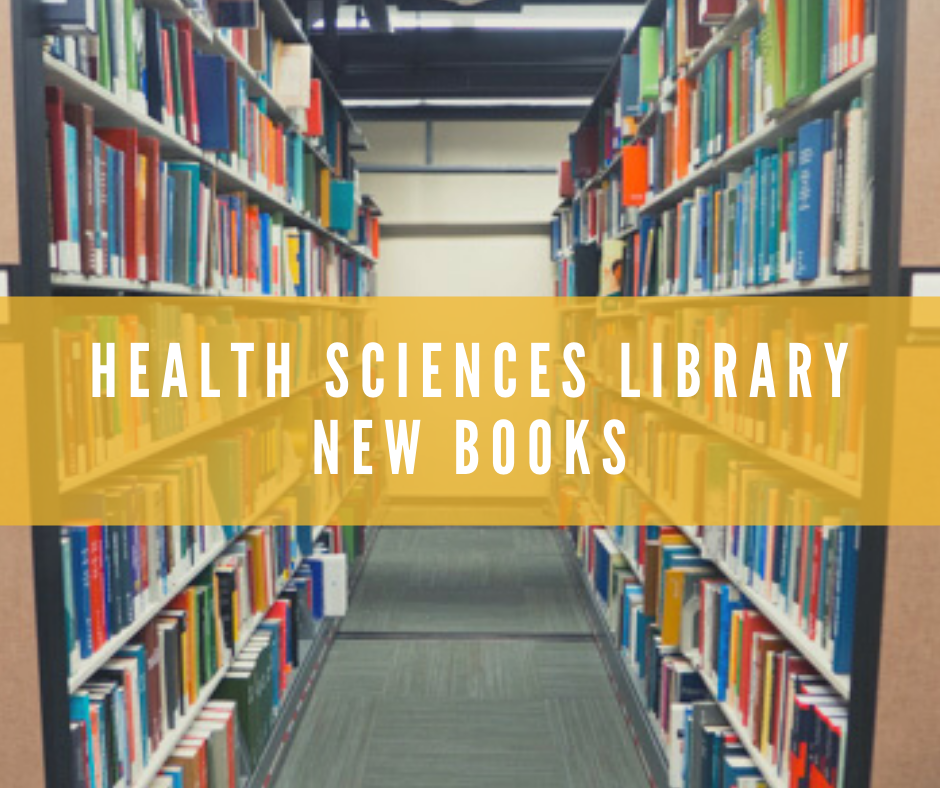
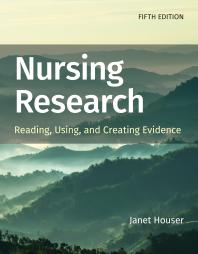 Nursing research : reading, using, and creating evidence / Janet Houser.
Nursing research : reading, using, and creating evidence / Janet Houser.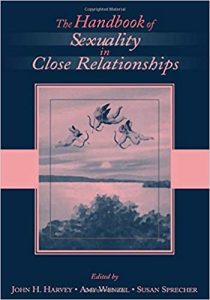 The handbook of sexuality in close relationships / edited by John H. Harvey, Amy Wenzel, Susan Sprecher.
The handbook of sexuality in close relationships / edited by John H. Harvey, Amy Wenzel, Susan Sprecher.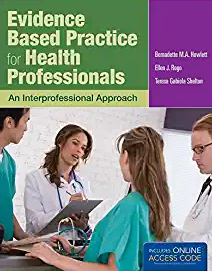 Evidence based practice for health professionals : an interprofessional approach / Bernadette Howlett, Ellen J. Rogo, Teresa Gabiola Shelton
Evidence based practice for health professionals : an interprofessional approach / Bernadette Howlett, Ellen J. Rogo, Teresa Gabiola Shelton